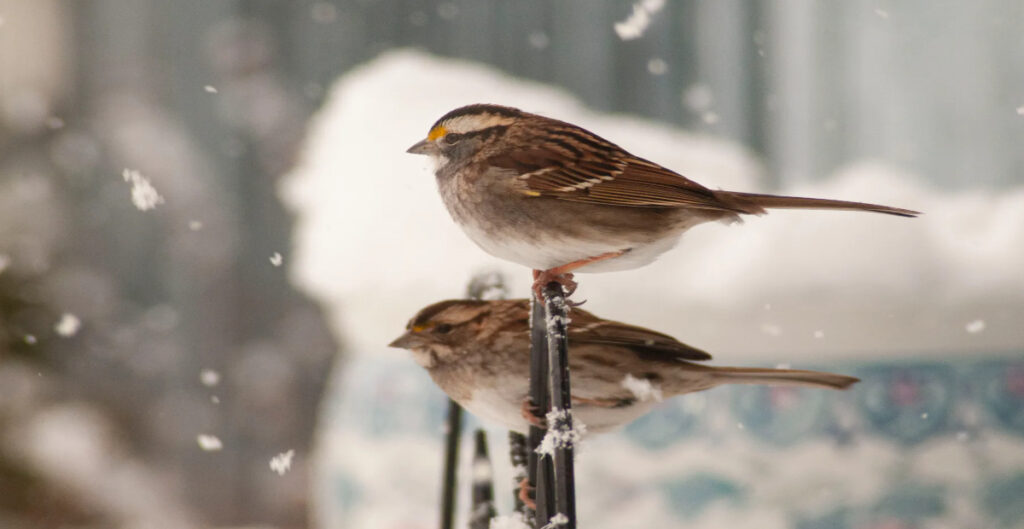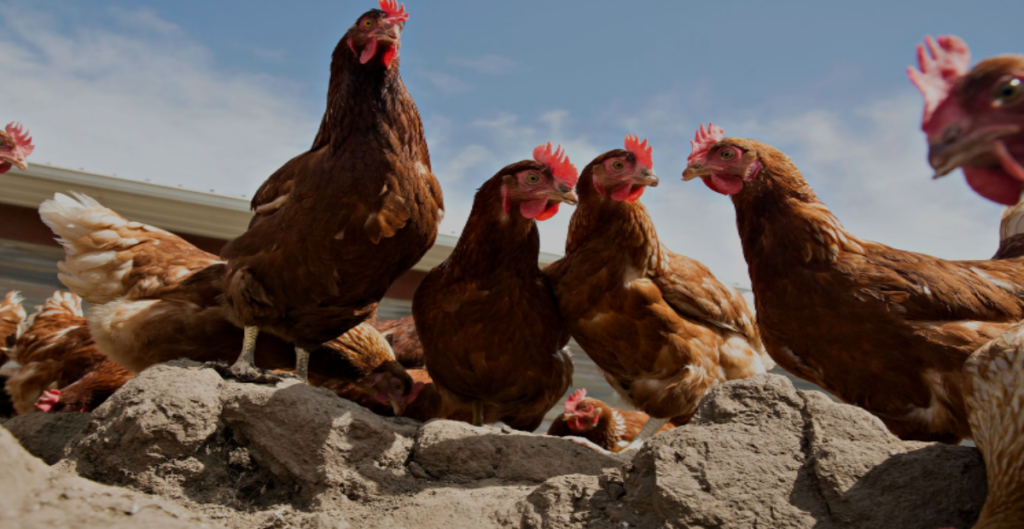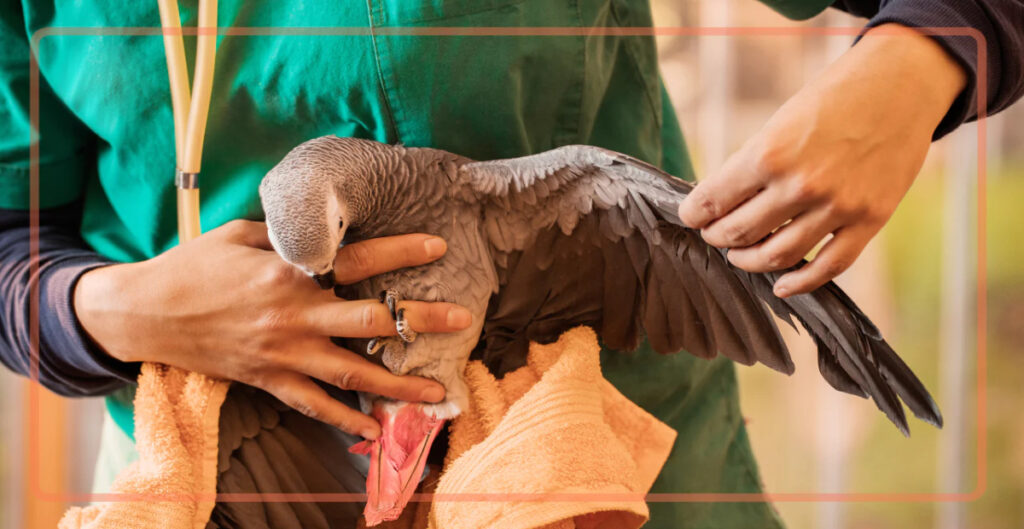
An international event known as ‘Bird Health Awareness Week’ is organized in the first week of March to draw attention to the importance of bird health. This week, numerous events are planned and publicized across international borders. This includes public tree planting ceremonies and large parades in various nations.
Raising public awareness of the value of protecting wild birds from diseases that can be transmitted by humans and pets is the primary goal of these initiatives.
This week we celebrate Bird Health Awareness Week. The USDA has organized this holiday week as part of an effort to ensure bird biosecurity. Their goal is to increase public awareness of all bird diseases and the various approaches available to protect birds and stop the spread of disease.
The complexity of poultry production

Poultry is a unique farm animal that produces meat and eggs. More than any other livestock, they also require less time and attention. Raising your own chickens is a bit harder than it seems, so think twice before heading to the nearest farm.
First, you need to make sure that all hens (or roosters) and chickens have a suitable shelter. While keeping chickens in most American cities is legal, you may need help keeping roosters due to noise and zoning regulations.
Chickens may also be prohibited for people who live in apartment buildings or near other houses, but hens are more often allowed. Ammonia-based stench of feathers and droppings is one of the poultry odors to worry about, aside from noisy neighbors lamenting over crowing roosters.
Keeping backyard poultry is a growing trend in the United States, and bird owners need to understand the signs of deadly diseases that may be afflicting their birds.
The value of protecting birds from disease

All birds should be vaccinated against exotic infectious diseases such as Avian Influenza, Newcastle Disease and Avian Coryza. Biosecurity measures that keep germs out of the bird housing area should always be in place.
Today’s world relies heavily on migratory birds and related animals to maintain its ecology. They help plants by pollinating them and bringing seeds and insects to woodlands.
Birds also contribute to pest management by consuming pests or their larvae. Therefore, it is critical to protect the birds from diseases that could either kill them or cause many birds to fall ill at the same time.
Welcome!
The “Next Page” button will appear after 20 seconds.
